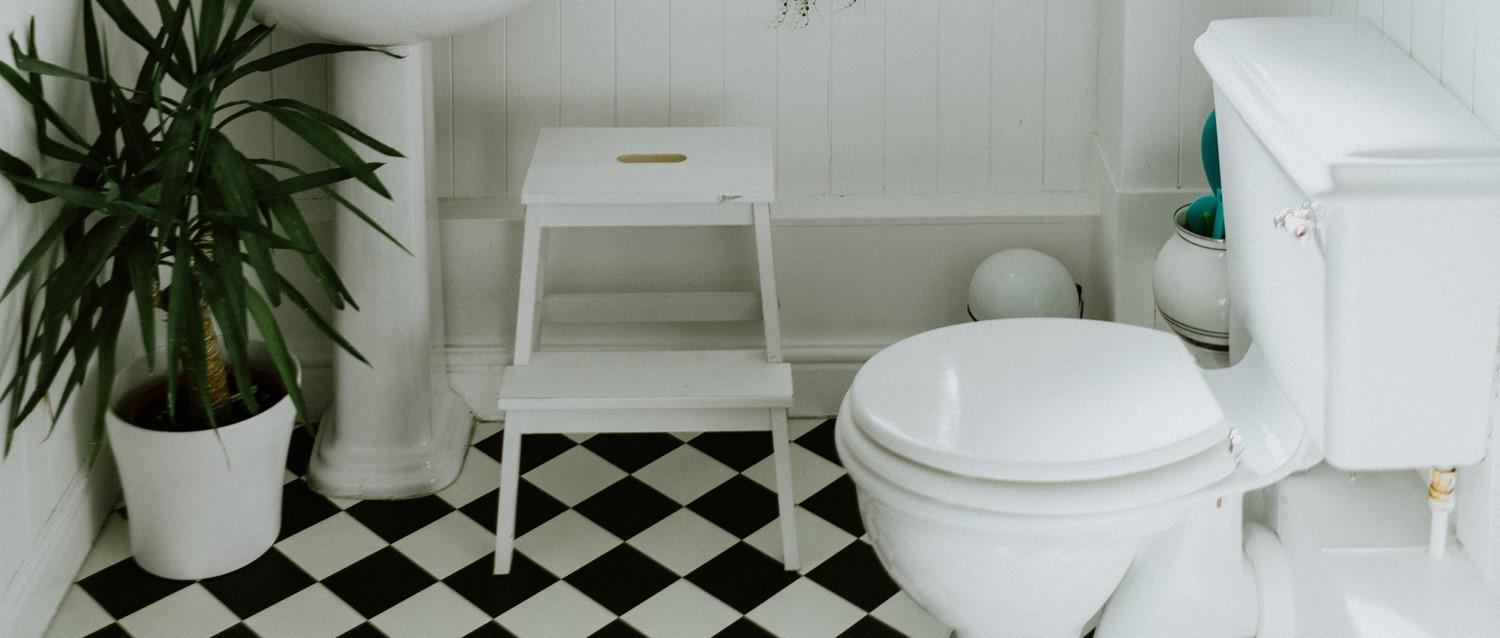
What you need to know about bowel screening
Peer reviewed by Dr Colin Tidy, MRCGPAuthored by Dr Sarah Jarvis MBE, FRCGPOriginally published 26 Feb 2020
Meets Patient’s editorial guidelines
- DownloadDownload
- Share
- Language
- Discussion
Sadly, despite all the evidence of benefit from bowel screening, almost half of people in the UK don't take up the opportunity when they're invited. If everyone did, we could cut death rates from bowel cancer by a whopping 16%, saving thousands of lives a year.
In this article:
Bowel cancer is the second most common cause of cancer death in the UK, and about 1 in 20 people will get it during a lifetime. Early detection makes all the difference in terms of long-term outlook, and screening is the most effective way to pick up early changes. What's more, some NHS screening can even pick up and remove growths called polyps before they become cancerous - so it can actually prevent cancer.
Part of the reluctance to get screened may be the 'yuck factor'. Children may be obsessed with it, but as adults we rarely discuss poo in polite company. But where bowel cancer is concerned, burying your head in the sand won't make it go away. And this is one of many cases where prevention is better than cure.
Continue reading below
Getting tested
In England, Wales and Northern Ireland, everyone is offered home testing from the age of 60-74 - in Scotland, it's 50-74.
The old FOB (faecal occult blood) test involved two small samples of poo taken on three separate occasions. These needed to be wiped on to a special card. The card was then sealed in the envelope provided and sent back. This test is being phased out in Northern Ireland in 2020 and replaced with the new ‘FIT’ (faecal immunochemical test), which is already the standard test in the rest of the UK.
The FIT test is quicker and easier than the FOB test - it only involves a single poo sample. You collect the sample in the small plastic bottle provided, and send it back in the pre-paid envelope.
98% of people get the all clear at this stage. About 1 in 50 are asked to repeat the test - usually this just means the first result wasn't clear. Or they are called for a colonoscopy (a more detailed telescopic examination) because of an abnormal result. Many people who have a colonoscopy will be given the all clear after the procedure.
New techniques
In England, a new service called 'bowel scope screening' is being rolled out as a one-off test at the age of 55. Otherwise known as flexible sigmoidoscopy, it involved passing a thin, flexible telescope with a camera on the end through your back passage into your large bowel (colon).
The aim is to look for small growths called polyps - most of these aren't cancerous, but they can turn into cancer over time. These can be removed at the same procedure, which takes just a few minutes. You'll be awake during the procedure and it shouldn't be painful, although some people say it's a bit uncomfortable. You should be able to go home after about one and a half hours and get back to normal straightaway.
You should get a letter about two weeks before your test, including a liquid enema to squeeze into your bottom on the day of the test - you can eat and drink normally. After the test, you should receive the results within two weeks. About 95% of people have a normal result. Up to one in twenty people are told they have polyps - these may have been removed at the time or you may need to go back for a colonoscopy. Fewer than 1% of people are told they have bowel cancer - but even if you get bad news, bowel scope screening means it will be detected earlier, making treatment easier and more likely to be successful.
Bowel scope screening isn't being offered everywhere in England yet, but you can find out if it's available in your area by ringing 0800 707 60 60. If it is, expect an invitation when you reach 55 - if you don't get it, ring the same number and ask for it. You can request this at any age up to your 60th birthday.
Continue reading below
Preventing bowel cancer
After the age of 60, you'll be offered home testing every two years instead until you're 74. Over-75s can still request a home bowel cancer test every two years - speak with your GP or ring the above number.
If bowel cancer runs in your family, you may be eligible for regular screening before the standard age - speak with your GP.
There's no sure-fire way to avoid bowel cancer - sometimes it just happens. But you can definitely reduce your risk with lifestyle changes. Regular exercise, keeping your alcohol intake down, avoiding excess processed meats and eating plenty of fruit and vegetables will all help.
With thanks to My Weekly magazine, where this article was originally published.
Patient picks for Bowel cancer

Cancer
Tips to beat bowel cancer
Of course nobody wants cancer, and you may believe it’s easier not to think about it. But bowel cancer doesn't go away just because you ignore it. And if you do have it, getting treatment early can save your life. It also means you’re likely to need less extreme treatment, with fewer side effects.
by Dr Sarah Jarvis MBE, FRCGP

Cancer
What are the early warning signs of bowel cancer?
It’s easy to dismiss a change in your toilet habits or to brush off stomach aches and bloating as dietary issues. However, if these issues are persistent and unexplained, they may be signs of bowel cancer - and spotting them early is very important.
by Lynn Stephen
Continue reading below
Article history
The information on this page is peer reviewed by qualified clinicians.
26 Feb 2020 | Originally published
Authored by:
Dr Sarah Jarvis MBE, FRCGPPeer reviewed by
Dr Colin Tidy, MRCGP

Ask, share, connect.
Browse discussions, ask questions, and share experiences across hundreds of health topics.

Feeling unwell?
Assess your symptoms online for free
Sign up to the Patient newsletter
Your weekly dose of clear, trustworthy health advice - written to help you feel informed, confident and in control.
By subscribing you accept our Privacy Policy. You can unsubscribe at any time. We never sell your data.